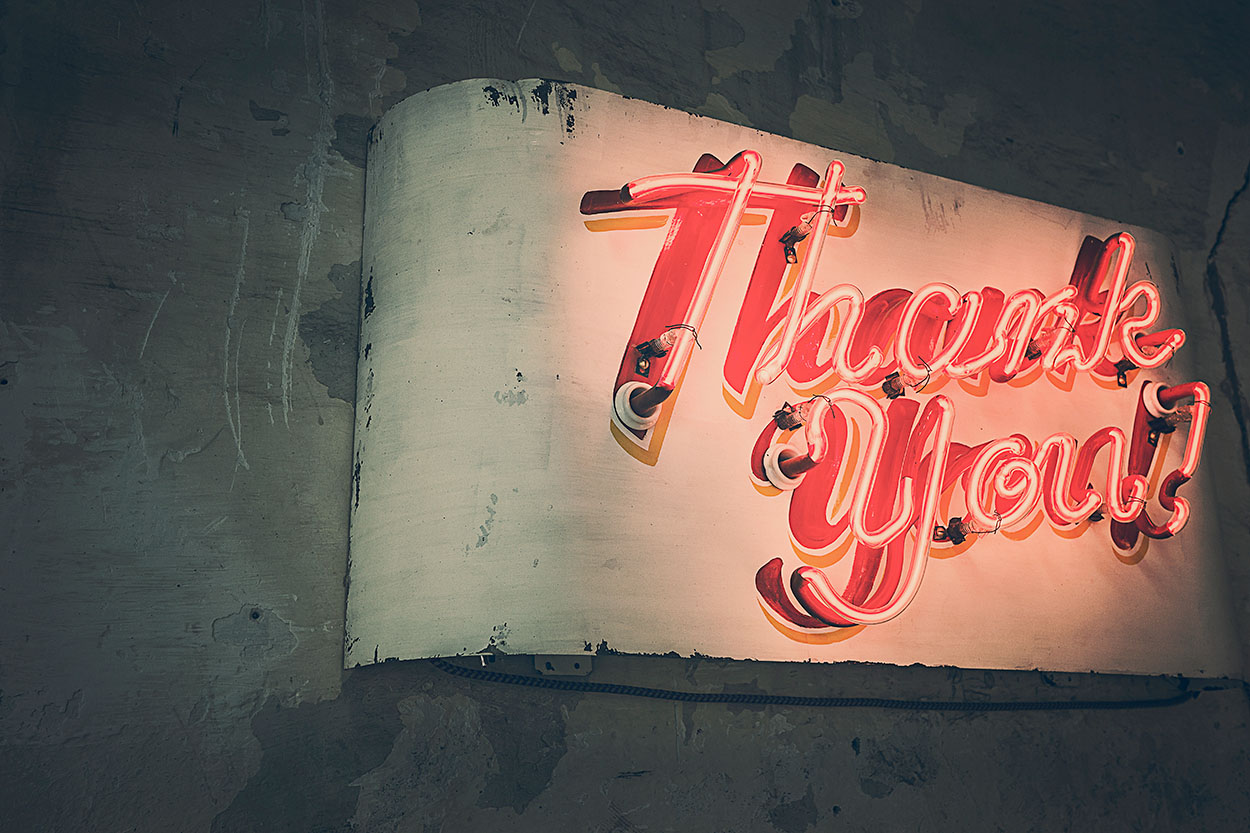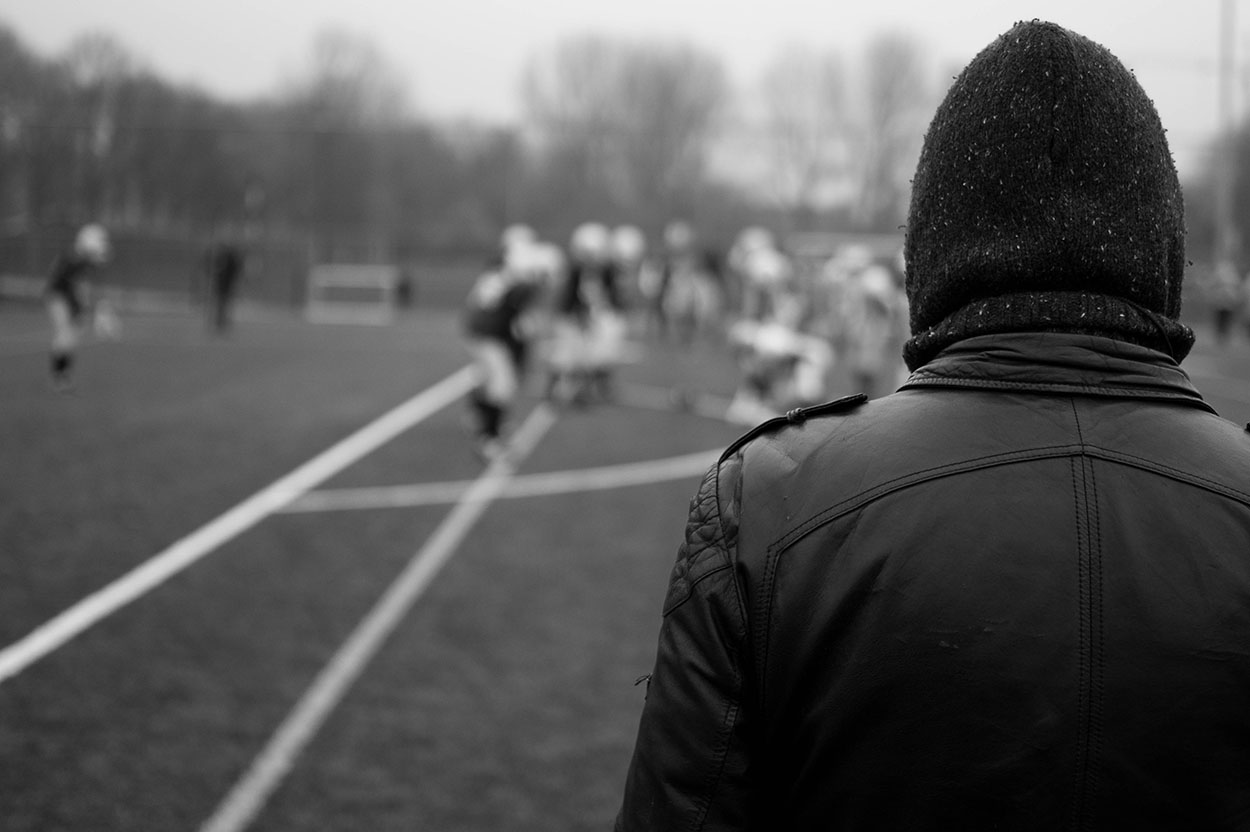Holiday Guide to Giving Presence
It is only natural that we quickly find ourselves exhausted from trying to do so much for the people around us that we forget the most important thing: spending real, quality time with the people we love.
Team WAG
Dec 24, 2017











